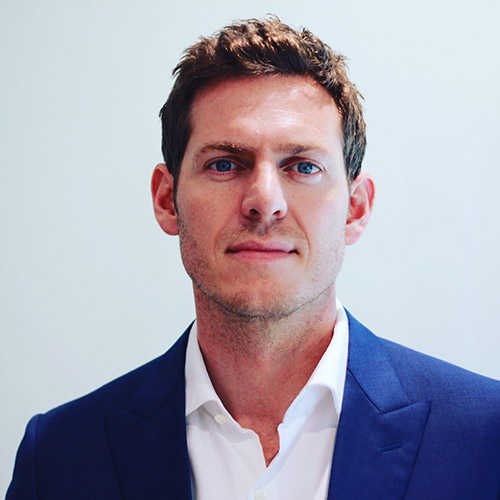
Keynote Presentations
CEO Panel: Ed Tech’s Role in Reinventing Assessments
Moderator: John Kleeman, Founder, Questionmark
Presenters: Norihisa Wada, Executive Vice President and Chief Marketing Officer, EduLab, Inc.; Marten Roorda, CEO, ACT; Sangeet Chowfla, President and Chief Executive Officer, Graduate Management Admission Council®; Saul Nassé, CEO Cambridge Assessment
Artificial intelligence, machine learning, brain science, big data, personalized and adaptive learning, rapidly changing skills and other technology combined with global cultural changes have the potential to bring a digital upheaval in the assessment industry. Assessments will most likely be very different in 2029 than they are today. What do we in the assessment industry need to do over the next decade to reinvent or adapt to the challenges of new technology? Is there a threat or change to the concepts of fairness, equity and validity in a digitally disruptive assessment market? This panel of four thought leader CEOs in the assessment industry will explore (how) new technologies and the threats and opportunities they present and how all of this will impact assessments in the future. We expect to inform you, engage you and interest you, and also leave you with some actionable insight to take away.
The future of work: fake news, wild guesses and real change
 Speaker: Lewis Garrad, Partner and business lead for Mercer’s People Science consulting practice across the Growth Markets region (fast growth economies)
Speaker: Lewis Garrad, Partner and business lead for Mercer’s People Science consulting practice across the Growth Markets region (fast growth economies)
As the Danish physicist Niels Bohr once noted, “Prediction is very difficult, especially about the future.” And yet it has become extremely fashionable to debate what the future of work will look like – especially as technology remodels so many aspects of our lives. In this talk we’ll pull apart some of the trends impacting the future of talent and the future of jobs. We’ll reflect on what those changes mean for how we think about the tools we use to study human capability and behavior.
Learn more about Lewis Garrad >
Thinking, Leading and Moving
 Speaker: Dr. Peter Lovatt, Reader in Psychology, University of Hertfordshire
Speaker: Dr. Peter Lovatt, Reader in Psychology, University of Hertfordshire
What does movement have to do with thinking and leading? More than one might think. Research has shown that how we move influences how we think and helps us break stale patterns of thought. According to evolutionary scientists, humans and animals better at adapting to their rhythmic environments, both internal and external, have an evolutionary advantage. Movement contributes to an increase in positive mood and moving together synchronously increases pro-social behaviour. A positive mood state is conducive to problem solving, and pro-social behaviour is necessary for team building and effective leadership.
With a background in both dance and cognitive psychology, Dr. Peter Lovatt will take us on a thought-provoking and entertaining exploration of the psychology of movement and how it affects uniquely human skills such as creativity and divergent thinking, skills that will become even more important in the workplace of the future.
Learn more about Dr. Peter Lovatt >